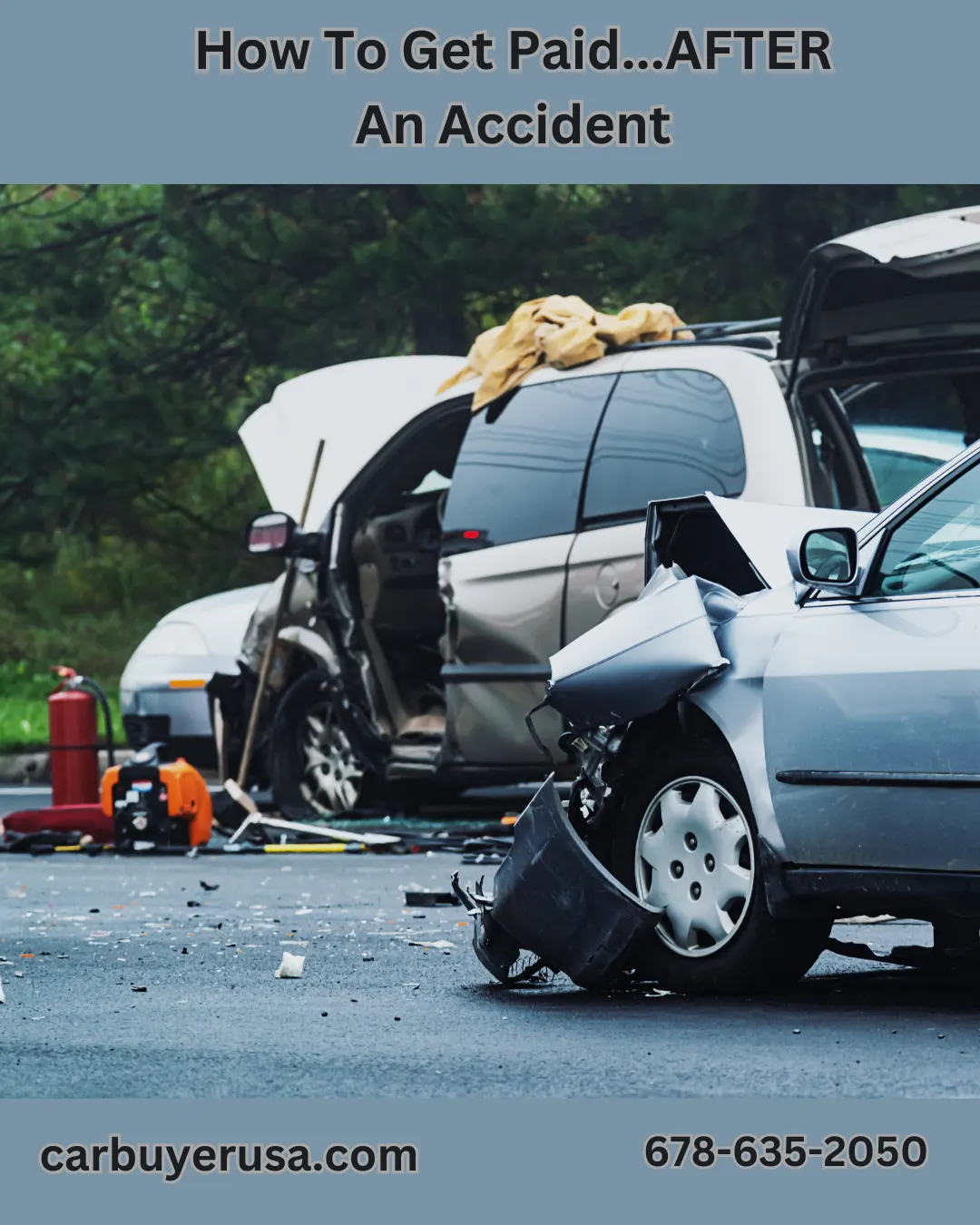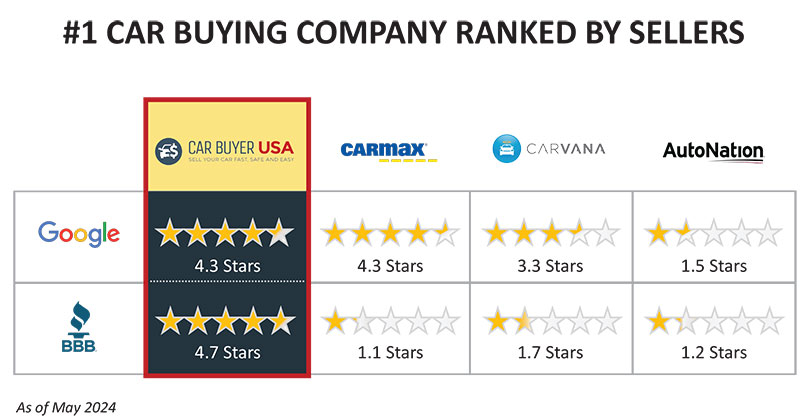
If you know what “Diminished Value” (DV) is, you are correct in expecting that there is going to be some financial pain in your future. That pain is that your car just lost a ton of value. So, what are you going to do about it?
Let’s get started…
First…if YOU were at fault, or it was a single vehicle accident and you hit an animal, tree, guard rail, or some other inanimate object, you will be filing a diminished-value claim with your own insurance company. Regardless of the circumstances, this is categorically a horrible idea. Why, you say? “My car is never going to be the same and nobody will want to buy it, I am going to lose a lot of money!”. Yes, this is true, but the fact is that these circumstances are a consequence of your own actions. You are suing yourself in essence. It makes about as much sense as trying to sue the family of the deer you hit for damaging your car! Look, we have seen people seek diminished value compensation from their own insurance carrier hundreds of times before. Sometimes they win, but in reality, they lose in a big way. Let’s explore why…
It is highly offensive to wreck your vehicle and then tell your insurance company that you want to be compensated for your own negligence. If the DV Claim is processed and you receive even a fair sum for the DV, you can be guaranteed that your premium will immediately increase – you may even get dropped by your insurance carrier. If you are dropped, that information is shared with the NICB (National Insurance Crime Board) which is owned and operated by insurance carriers. All will know you got dropped and while we don’t know the level of details they share, we do know there is “honor among thieves”. We strongly advise against this because the “math don’t work”. It’s short- term thinking in a long term world. You will most likely give all the money back they paid you for the DV Loss that following year and continue to pay the piper for 7 more!
If someone hit your car, or it was a multi-vehicle accident, you have a green light to chase DV Compensation. This is particularly true if another party is found to be “at fault” or negligent, making a Diminished Value Claim quite simple and difficult to argue against. The critical component for negligence is this the traffic ticket. A ticket is an indictment against the other driver. Some examples of tickets that render instant negligence:
- Speeding: Exceeding the speed limit demonstrates a lack of control over the vehicle and increases the likelihood of severe damage or injuries in an accident. Running Red Lights or Stop Signs: Failing to stop at traffic signals or signs is a clear breach of traffic laws and duty of care, often leading to collisions.
- Careless or Reckless Driving: This includes actions such as weaving between lanes, tailgating, or making illegal maneuvers like U-turns into oncoming traffic. Reckless driving often involves multiple violations simultaneously.
- Driving Under the Influence (DUI): Operating a vehicle while impaired by alcohol or drugs is considered gross negligence and is both a criminal and civil offense.
- Distracted Driving: Using a phone, eating, applying makeup, or any other activity that takes attention away from the road can lead to accidents and is considered negligent.
- Failure to Yield: Not yielding the right of way when required can cause accidents at intersections, crosswalks, or when merging lanes.
- Driving Too Fast for Conditions: Even if within the speed limit, driving too fast during adverse weather or road conditions can be deemed negligent.
- Mechanical Neglect: Driving with known vehicle defects, such as faulty brakes, can indicate negligence if it contributes to an accident.
If you encounter any of the above-listed circumstances, you have a green light to a DV Settlement. The conversation is black & white, there is no gray. “The insured party was at-fault and found to be negligent as evidenced from the summons issues at the scene by reporting law enforcement officer(s)”. Open & shut really! The insurance carrier for the responsible party is responsible to make you whole. The only question remaining is how much is “fair” compensation for your diminished value loss.
For questions regarding this blog, please email us. Please be sure to watch PART III of Diminished Value – negotiating a DV Settlement.


